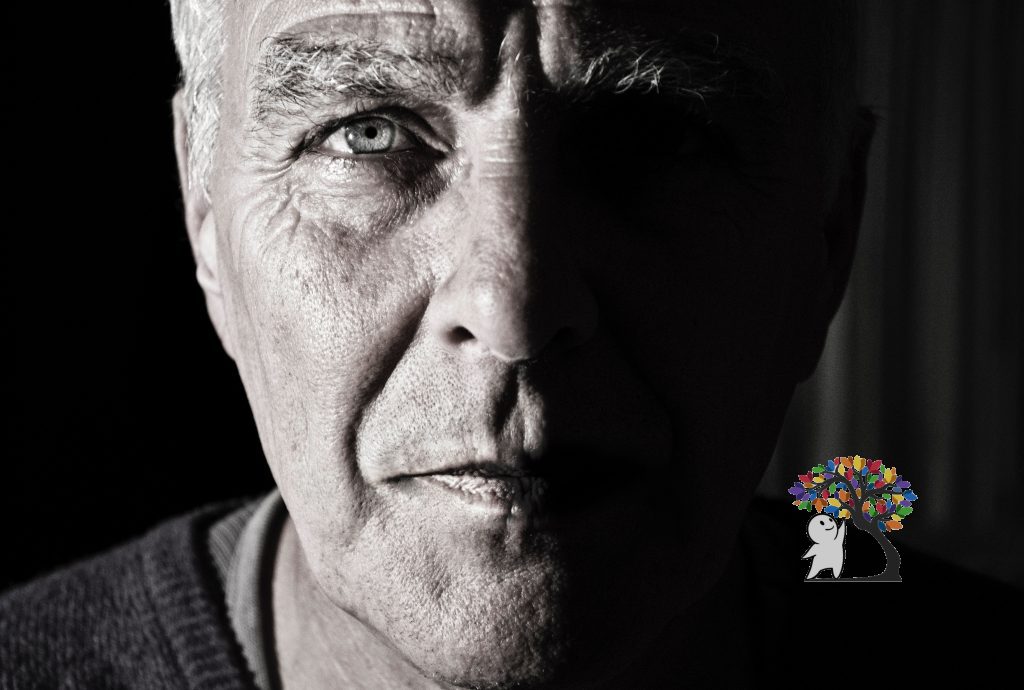How the U.K Views Mental Illness

The U.K has a very diverse view on mental health. Some people believe its a serious problem and needs more funding and staff to help people, others believe this to be untrue, and don’t view it as a serious problem. I wanted to know if this was a generational divide or simply peoples opinions regardless of age. This is my third article covering this subject, previously I interviewed the Greatest Generation (born before the end of WW2), and Baby-Boomers (born between 1946-1964) to find out their opinions on mental health in the U.K.
In this article I am interviewing the generation that followed Baby-Boomers – Generation X. Generation X are born between 1965- 1979. In this era there have been many reports of the increase of ‘lunatic asylums’ that were offering treatment to people suffering from mental health problems. I want to find out if this increase in supposid treatment meant that mental health was being spoke about more freely, or if the stigma of previous years still existed.

Had you ever heard the phrase ‘mental health problem’ growing up?
Cindy Osborne, 52 – No, I’d never heard it described as a problem. The way people described mental health was people being ‘not normal’.
Maria Crawford, 47 – I did hear mental health growing up, but I do think this is only because my mom suffered with it. I don’t remember anyone else talking about it. I think people would use the phrase she is down or depressed rather than saying she has a mental illness.
How was being mentally ill viewed when you were growing up?
Cindy – Very Negatively. I got the impression that some people who were mentally ill were dangerous and needed to be locked up in a ‘madhouse’. They were people that you weren’t allowed to talk to and people that were hidden in houses and people never admitted to suffering with any mental illness.
Maria – My mum started her diagnosis as being depressed and given antidepressants. Over time they said she had psychosis and then much later she was told she had schizophrenia. I think mum got better help years ago just because she would be taken into hospital in Rubery. She would be monitored and prescribed medication. Mum would be there for a couple of months, being allowed home for weekend visits when they thought she was ready. Then ending up being discharged. Since the closure of Rubery hospital mom would be passed on to a crisis team working in the community. This had a huge pressure on family to try to live with someone who was in crisis.

Was there any help available for people who were ill in your generation?
Cindy – Well they were locked up in an asylum. There was no help whatsoever, they were just declared mad and locked up just because they could do day to day things as in work and shopping and get up some mornings.
Maria – When someone goes into crisis in their 50’s this can be the most difficult time to treat someone with mental health. They don’t know why this is, our experience was my mom was in crisis for three years. No medication worked short term drugs that should only be used for no longer than two weeks were used for three years as they could not stabilise the psychotic episodes that my mom was experiencing. As well as voices she would also have visual hallucinations and delusions. The crisis team can take several hours to visit once called by which point the family has had to deal with the situation.
Has your opinion on mental health changed in recent years?
Cindy – No, because I’ve always thought that people shouldn’t be locked up because your brain doesn’t function in the same way someone else’s might. You don’t get locked up or taken away if you’ve broken your leg so why is it different if you can’t see it?
Maria – I think mental health is talked about more, but I still think people who suffer with mental illness don’t come forward until they are in crisis so they cope on their own until they can’t go on.

Do you feel more comfortable talking about emotions and mental health in the 21st century?
Cindy – No, I feel as if people still feel embarrassed talking about mental health or uncomfortable saying someone is suffering with a mental illness. I also think people don’t have a full grasp of the situation. They can’t see that just because someone might be doing really well for a few months that they’re still suffering with their illness, recovery takes a lot of ups and downs.
Maria – Not all people are comfortable talking about their emotions especially teenagers and young adults. I still believe there is a gap in care I don’t believe care in the community works for everyone.
Do you think talking about mental health more has helped people better understand it?
Cindy – Its helped some people better understand it but it depends what type of illness. There’s different types of illnesses and different reasons why people are ill and I think some illnesses are better understood than others. And the reasons for the illnesses are accepted more in certain circumstances than in others.
Maria – Sort of. My son has been suffering with mental illness and I would still say that when he was in crisis there is no one that came quick enough to see him taking up to four hours. The phone line was also disconnected one time I needed them so I had to resort in getting an ambulance.
It’s clear that this is where the mental health conversation has started to advance and people have tried to help with mental illnesses. Even if that help missed the mark.


Responses